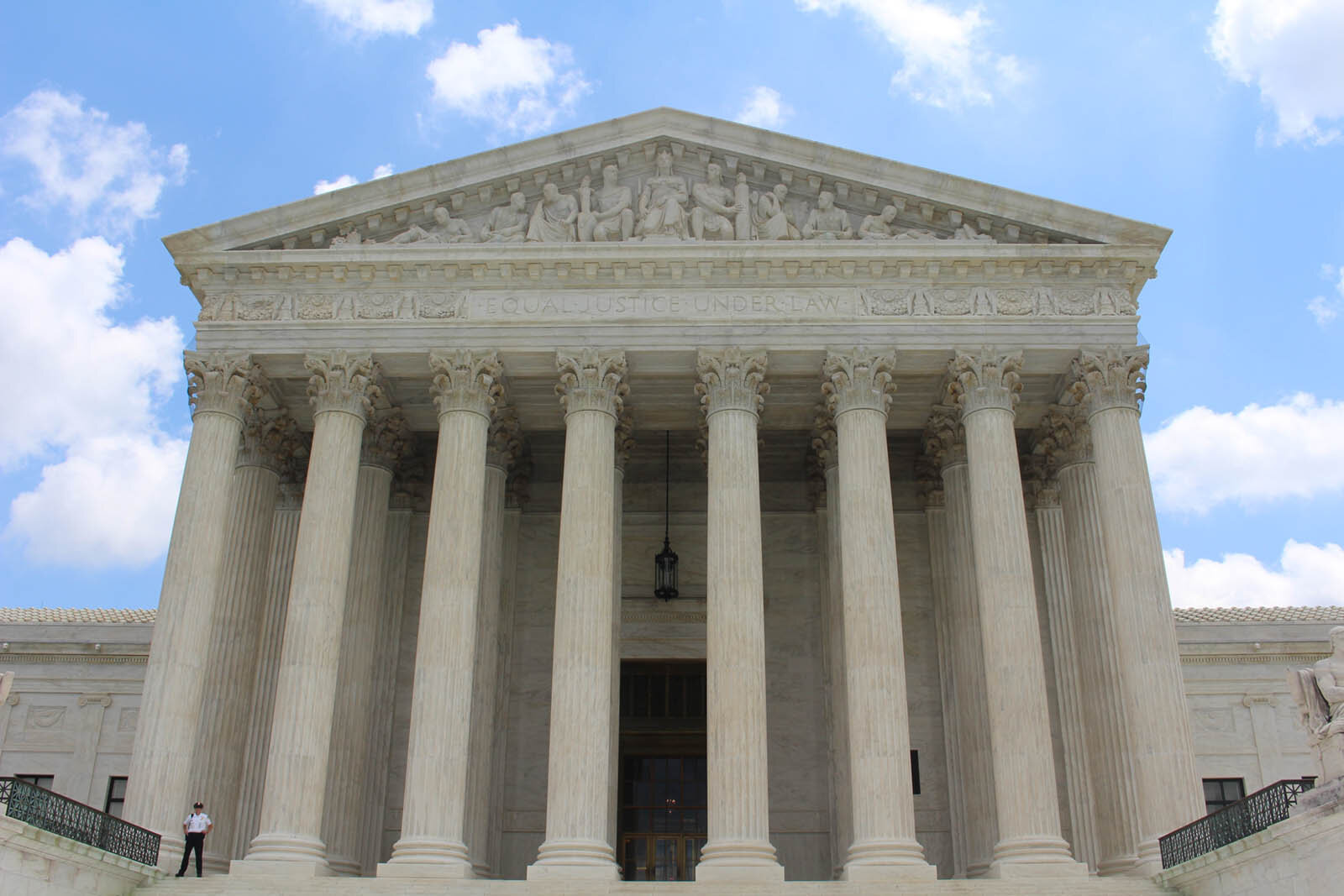In Apple v. Pepper, Supreme Court Deals Surprising Blow to “Bottleneck Monopolies”
In a 5-4 decision Monday, the Supreme Court ruled that iPhone users could bring a class action lawsuit against Apple alleging that it monopolized the sale of apps. In his surprising majority opinion for the Court, Justice Brett Kavanaugh, joined by the four more liberal Justices, reaffirmed antitrust law’s longstanding purpose of protecting the producer of a good or service from the power of monopolies. This was in sharp contrast to most recent practice, in which enforcers and the judiciary have focused largely on harms to consumers.
The issue before the Court was whether a 1977 precedent, Illinois Brick Co. v. Illinois, allowed iPhone users to bring an antitrust lawsuit for damages for the high cost of apps. Illinois Brick holds that only the “direct purchasers” of a product or service from a monopolist can sue that monopolist. Apple requires app developers to sell iPhone apps on its App Store, pay it a 30 percent commission on sales, and set a price ending in $0.99. Apple argued that because app developers set the exact price for their apps, iPhone users actually purchase apps directly from the developers.
Kavanaugh rejected Apple’s argument and held that Apple is the real seller of the apps. In addition, the majority stated that the plain language of the Clayton Act, which allows “any person” injured by an antitrust violation to recover treble damages, resolved the question in favor of the plaintiffs. In contrast, the dissent paid little heed to the plain text of the statute.
Just as importantly, Kavanaugh recognized that a powerful retailer like Apple wields power not only over app users but over app developers as well. In his decision, he focused closely on the danger of monopsony power, which describes when a corporation’s control over a market is sufficient to enable it to exercise power over the sellers of goods or services, in ways that allow it to drive down prices or extract other benefits.
One of Congress’s main goals in enacting the Sherman Act in 1890 was to address the effects of monopoly on the people who produce and sell goods and services, including work. Since the embrace of the “Consumer Welfare” philosophy of antitrust in the early 1980s, however, both enforcers and judges have tended to focus on cases involving short-term consumer harm while neglecting harms to producers.
The Open Markets Institute has led the call for antitrust enforcers to address the effects of monopsony, beginning with this feature article in Harper’s in July 2006. Open Markets also raised this issue in its amicus briefin Apple v. Pepper. Apple protested that the iPhone users’ lawsuit would be unfair since it could be sued twice for its power over app retailing; by app developers and by users. In its brief, Open Markets argued that those lawsuits would actually be different cases: “Just as a monopolist can be separately sued by competitors (for lost profits) and consumers (for overcharges), a firm that is both a monopsonist and a monopolist can be separately sued by sellers (for underpayments) and buyers (for overpayments).”
The majority on Monday agreed. “Multiple suits are not atypical,” Kavanaugh says, “when the intermediary in a distribution chain is a bottleneck monopolist or monopsonist (or both) between the manufacturer on the one end and the consumer on the other end.” (Though “bottleneck” is not uncommon in antitrust law, the Open Markets Institute was the only party or amicus curiae to include the term in its brief.) Kavanaugh continued on to explain that these would be “fundamentally different theories of harm.”
Monday’s decision contrasted sharply with the Supreme Court’s decision in last June’s Ohio v. American Express. There, a five-justice conservative majority (with Justice Anthony Kennedy instead of Kavanaugh) ruled on the legality of American Express’ contractual restrictions, preventing merchants who accept American Express cards from encouraging customers to use other cards with lower fees. Because credit card companies bring together two distinct but related groups, merchants and cardholders, the Supreme Court held that merchants challenging American Express’ contractual restrictions must show that the harms to merchants outweighed any benefits that such restrictions might bring to some cardholders.
Open Markets, in its brief in the American Express case, argued strongly against the idea of combining two separate markets – in this case, between credit card corporations and cardholders and between credit card corporations and merchants – into a single market. But in that decision, the Supreme Court made it even easier for enforcers and courts to ignore the ways that buyer power can harm the people who actually make products and do work.
Lower courts will now decide the plaintiffs’ substantive allegations in Apple v. Pepper, litigation that will likely take many more years. In the meantime, the implications for other platforms are clear. Dominant platforms that claim to simply bring producers and buyers together cannot immunize themselves from consumer antitrust suits by delegating certain pricing decisions to sellers. Economist Hal Singer pointed out the similarities between Apple and Amazon, which charges merchants fees to use its platform, while still having third-party merchants set the exact retail price for their goods on Amazon’s platform. “Amazon can’t be cheering this decision.”

